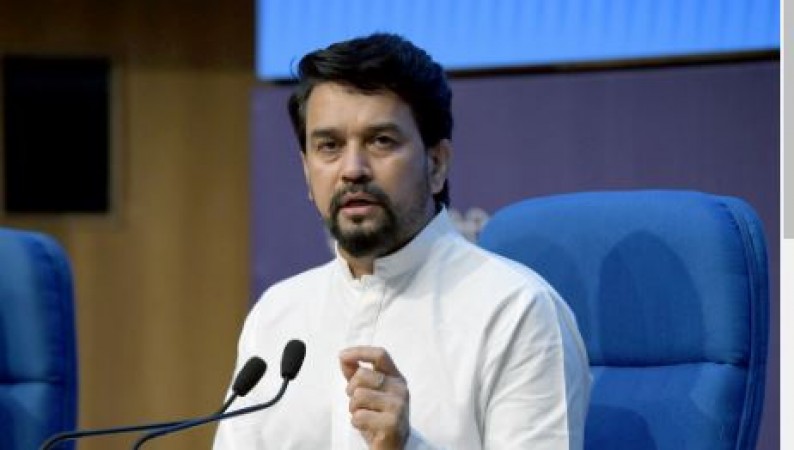
NEW DELHI: The government has granted approval for a substantial investment of Rs 3,760 crore to bolster the Battery Energy Storage System (BESS) as part of its concerted efforts to curtail carbon emissions and decrease reliance on fossil fuels. This momentous decision was announced during a press briefing following the Union Cabinet Meeting, presided over by Prime Minister Narendra Modi, and was relayed to the media by Union Minister Anurag Thakur.
Minister Thakur emphasized the government's commitment to attaining the ambitious goal of fulfilling 50 percent of the nation's energy needs with non-fossil and renewable sources by the year 2030. "The government takes this commitment seriously, as evidenced by our track record of meeting and even surpassing targets ahead of schedule," he asserted.
He went on to elaborate on the approved Viability Gap Funding Scheme for Battery Energy Storage Systems, highlighting that it represents a significant step towards expanding capacity, and the entire funding, amounting to over Rs 3,760 crore, will be provided by the Central government.
Minister Thakur underlined the versatility of BESS, emphasizing its ability to adapt to varying electricity demands. "Currently, we lack the means to store surplus electricity," he noted. "This scheme addresses that need by creating a storage capacity of 4,000 MW hours upon its implementation."
The scheme's vision entails the development of 4,000 MWh of BESS projects by 2030-31, with the government offering financial support amounting to 40 percent of the capital cost as budgetary assistance.
Furthermore, Minister Thakur outlined the priority in distributing the stored energy. "Initially, 85 percent of the production will be allocated to the distribution companies (discoms). Only after meeting their requirements will surplus energy be made available to other consumers."
The Minister also highlighted the environmental benefits of BESS, particularly in peak demand periods, noting that it will contribute to a substantial reduction in carbon emissions and a diminished reliance on fossil fuels.
In conclusion, he celebrated the remarkable strides made by the government in various sectors over the past nine years, with renewable energy and the transition to cleaner sources being noteworthy achievements. He cited the remarkable growth in solar and wind energy capacity, with solar capacity surging from 2.6 GW in 2014 to an impressive 71 GW, and wind energy rising from 21 GW in 2014 to a commendable 40 GW today.
No hassle of pollution, no tension of filling petrol, this is the best option